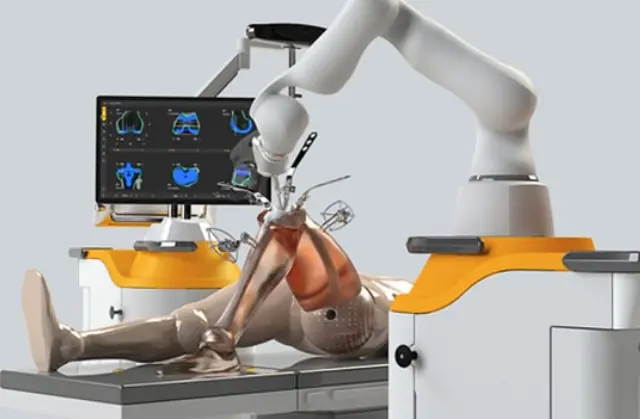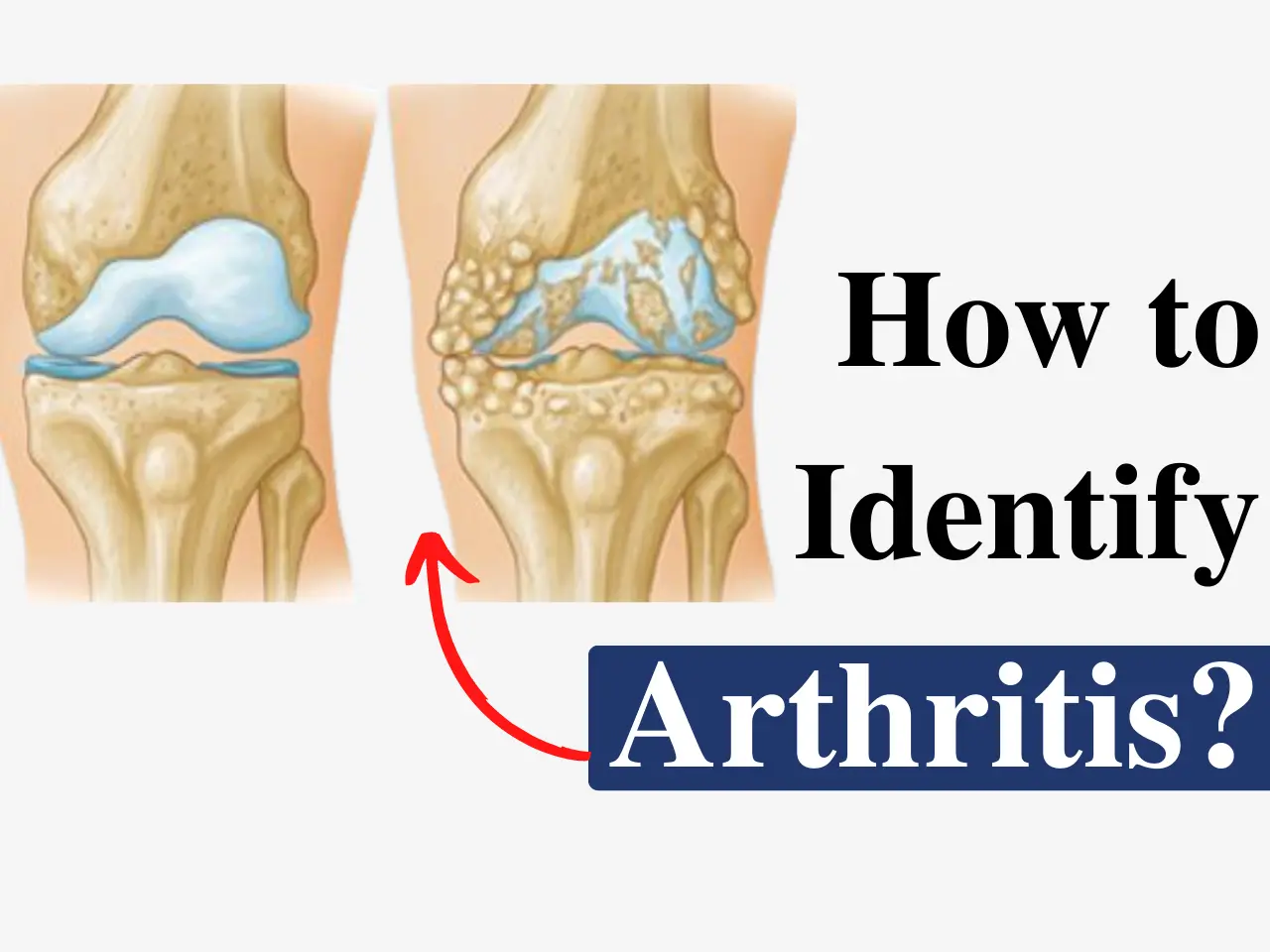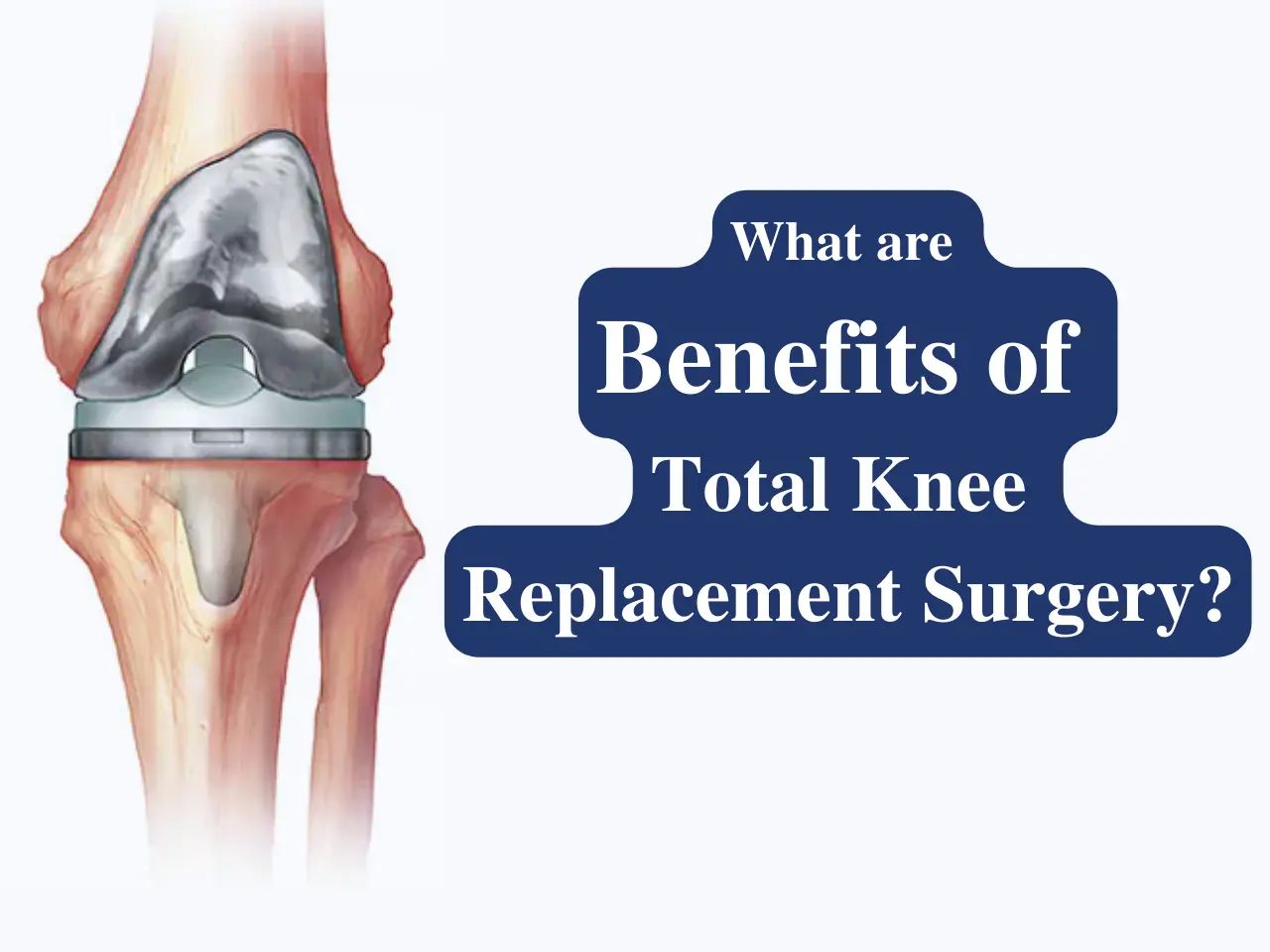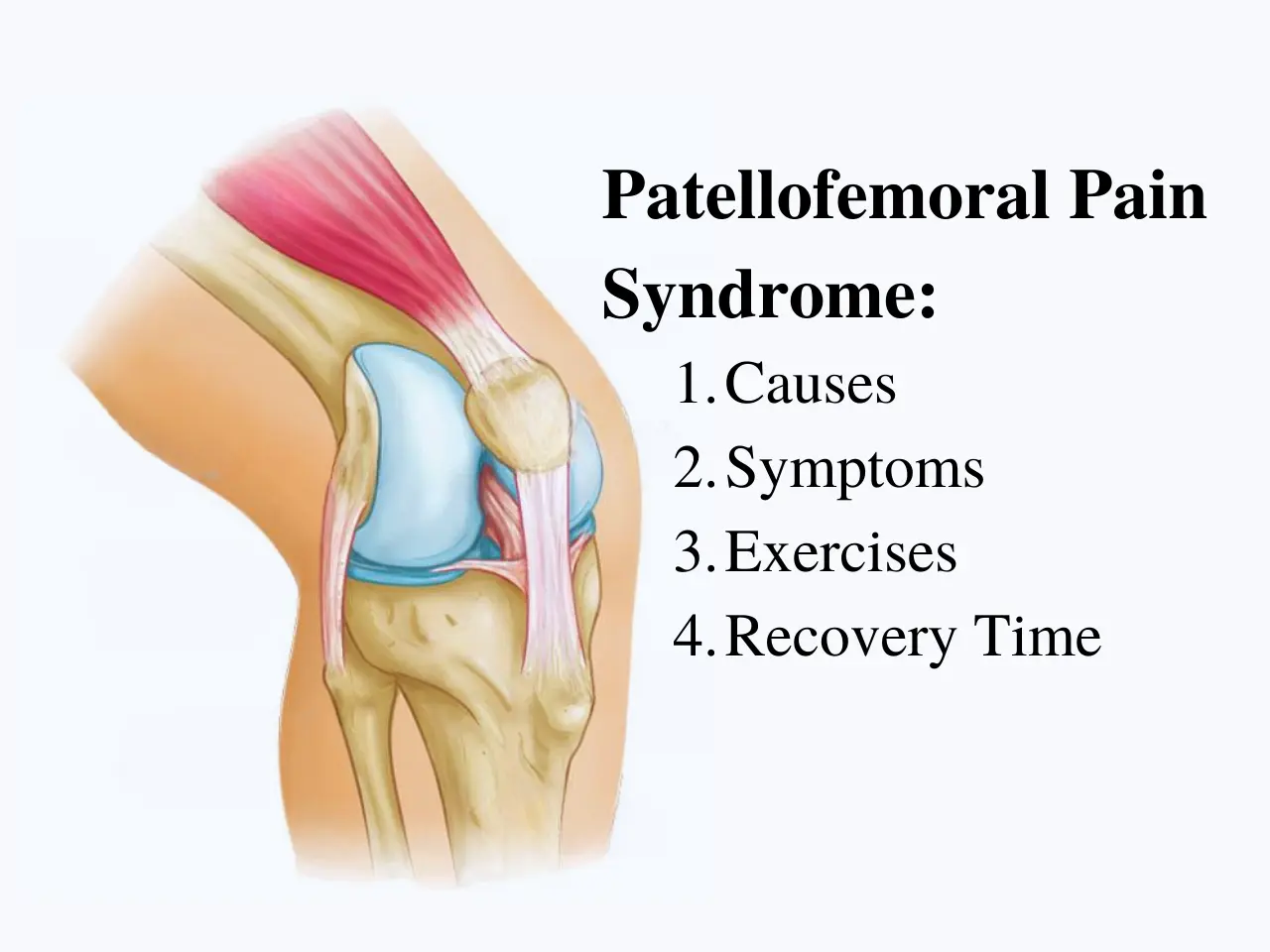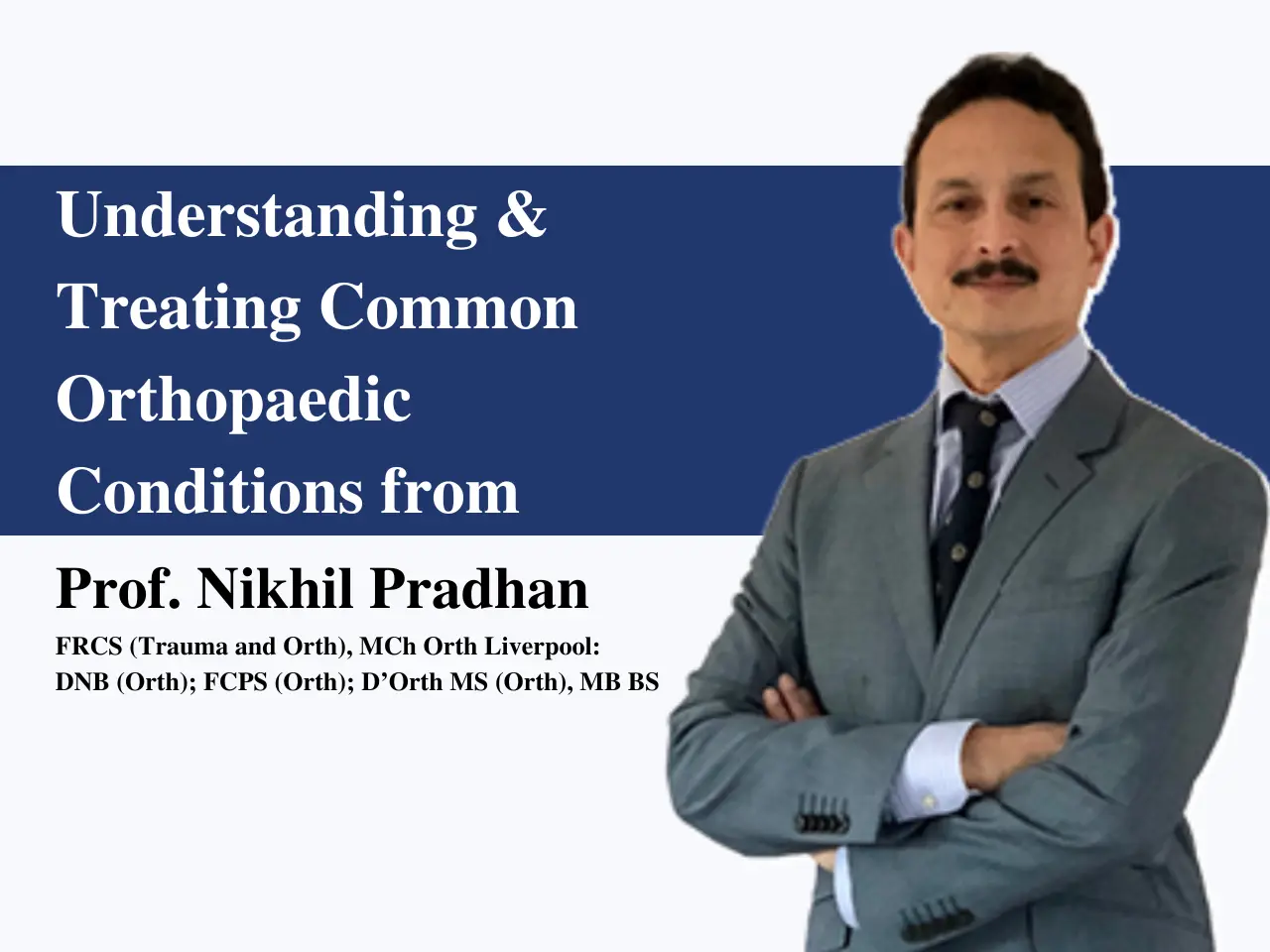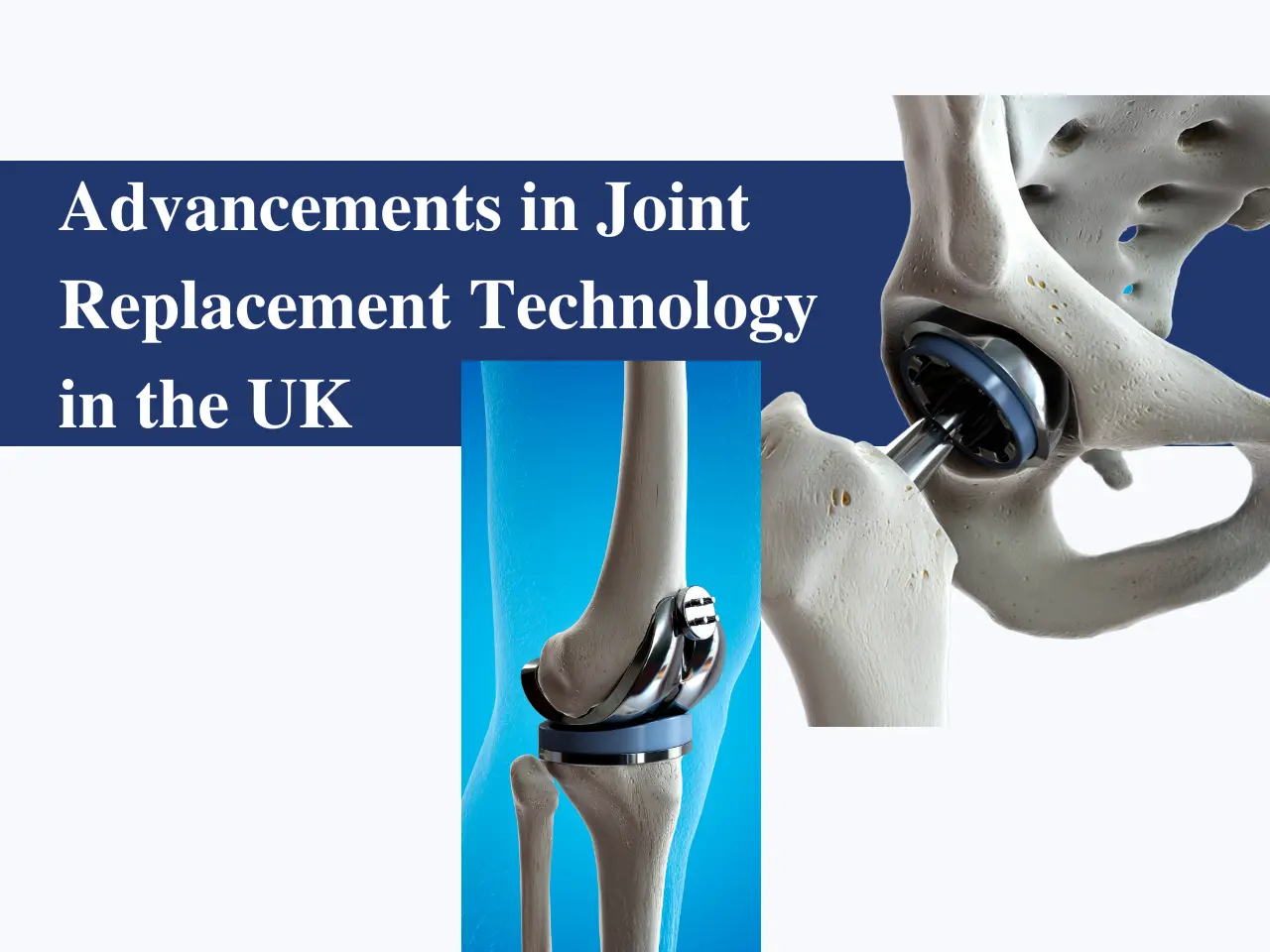Hip Replacement for Younger Patients: Is It the Right Choice?
Introduction
Hip replacement surgery, traditionally associated with older adults, is increasingly being considered by younger patients. This shift is driven by various factors, including lifestyle changes and advancements in medical technology. Understanding whether hip replacement is the right choice for young patients requires a comprehensive look at the benefits, risks, and available options.
As a leading Hip Replacement Surgeon in Cheshire, Mr. Nikhil Pradhan understands the unique needs and concerns of younger patients considering this procedure.
What is Hip Replacement Surgery?
Hip replacement surgery, also known as hip arthroplasty, involves removing damaged portions of the hip joint and replacing them with artificial components. The primary goal is to alleviate pain and improve function. This procedure is often recommended for severe hip arthritis, fractures, and other degenerative conditions.
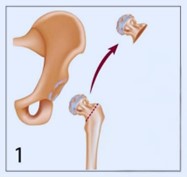
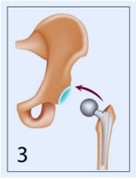
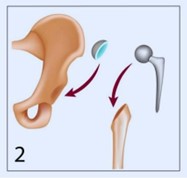
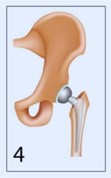
Types of Hip Replacement Surgeries
- Partial Hip Replacement: Only the femoral head is replaced.
- Total Hip Replacement (THR): Involves replacing both the acetabulum (hip socket) and the femoral head (thigh bone).
- Hip Resurfacing: The femoral head is capped with a smooth metal covering, preserving more of the patient’s natural bone.
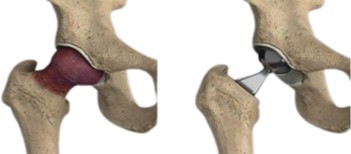
Partial Hip Replacement
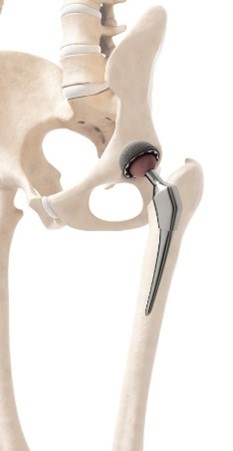
Total Hip Replacement
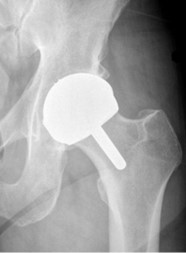
Hip Resurfacing
When is Hip Replacement Necessary for Younger Patients?
While osteoarthritis is the most common cause of hip pain in older adults, younger patients may experience early-onset arthritis due to various underlying conditions. These can include:
- Hip dysplasia: A congenital condition where the hip socket doesn’t fully cover the ball of the femur.
- Perthes disease: A childhood hip disorder that disrupts blood flow to the femoral head, leading to bone degeneration.
- Rheumatoid arthritis: An autoimmune disease that attacks the joints, including the hips.
- Avascular necrosis: A condition caused by interrupted blood supply to the hip joint, leading to bone death.
- Previous injuries: Severe hip fractures or dislocations can damage the joint and accelerate arthritis.
If you’re experiencing persistent hip pain that significantly impacts your daily life, you might be a candidate for hip replacement.
Common symptoms that warrant consideration include:
- Pain that interferes with activities like walking, climbing stairs, or exercising.
- Stiffness and limited range of motion in the hip joint.
- Difficulty sleeping due to hip pain.
Benefits of Hip Replacement for Young Active Adults
For young, active adults struggling with hip pain, hip replacement surgery can offer a life-changing improvement.
Improved Pain Relief and Function: Replacing a damaged hip joint with a new implant can significantly reduce pain and stiffness. This allows you to regain mobility, participate in desired activities, and improve your overall function.
Increased Quality of Life: By alleviating pain and improving movement, hip replacement can significantly enhance your quality of life. You may become less reliant on pain medication, experience improved mental well-being, and participate more actively in work and social activities.
Risks and Considerations for Younger Patients
Potential Complications
- Risks Associated with Hip Replacement Surgery: Like any major surgery, hip replacement carries rare risks such as infection, blood clots, and dislocation.
- Long-term Implications: Young patients may face the need for revision surgeries as artificial joints typically last 15-20 years.
Psychological and Social Impact
- Dealing with Surgery at a Young Age: Fostering emotional and mental well-being during early-life major surgery.
- Managing Expectations and Lifestyle Changes: Planning for post-surgery adjustments and establishing achievable expectations.
Considerations for Younger Patients
While hip replacement offers significant benefits for younger individuals, there are some important considerations such as:
Choosing the Best Hip Replacement Implant for Younger Patients: Selecting the right implant is crucial for younger patients. Mr. Pradhan has extensive experience in choosing appropriate implants, including best hip replacement implant for younger patients, which may be more durable and offer features like improved stability (e.g., dual mobility implants).
Hip Replacement Surgery in Cheshire with Mr. Nikhil Pradhan
Mr. Nikhil Pradhan is a highly qualified and experienced Hip Replacement Surgeon in Cheshire. He offers personalized treatment plans tailored to each patient’s individual needs and goals.
Mr. Pradhan utilizes minimally invasive surgical techniques whenever possible to promote faster recovery and minimize discomfort.
Recovery and Rehabilitation after Hip Replacement
Following hip replacement surgery, a dedicated physical therapy program is essential for a successful recovery. This program will help you regain strength, flexibility, and range of motion in your hip. With proper rehabilitation, most patients can return to their daily activities and desired exercise routines within a few months.
Long-Term Considerations for Younger Patients
It’s important to manage expectations regarding implant longevity. Younger patients often have more active lifestyles, which can occasionally call for revision surgery more frequently than in older adults. Maintaining a healthy lifestyle with regular exercise and a balanced diet can help optimize joint health and potentially extend the lifespan of your implant.
Conclusion
Hip replacement surgery can be a life-changing option for younger patients experiencing significant hip pain and limitations due to early-onset arthritis.
If you’re considering this procedure, it’s crucial to consult with a qualified Hip Replacement Surgeon in Cheshire like Mr. Nikhil Pradhan. Mr. Pradhan can discuss your individual situation, answer your questions, and help you determine if hip replacement is the right choice for you.




